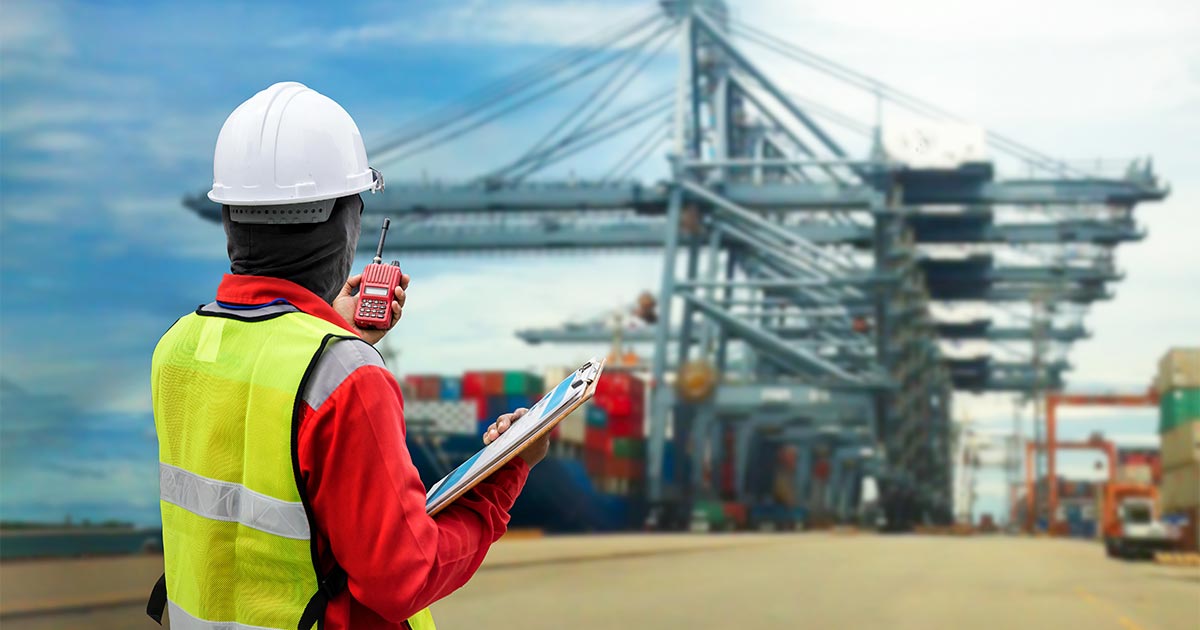Public Policy
AISI Public Policy Priorities
Policy News & Issues
-
AISI Applauds Biden China Tariff Hike Announcement
-
AISI Applauds DOE Industrial Decarbonization Initiative
-
AISI Urges Congressional Committee Leadership to Support Trade Remedy Bills
-
AISI Column in Steel Market Update
-
AISI Op-ed in Real Clear Energy
-
AISI Presents Rep. Bill Johnson With “Steel Champion Award”
-
AISI Presents Rep. Terri Sewell With “Steel Champion Award”

Promoting a Pro-Manufacturing Agenda
Steel and other manufacturing industries are the backbone of our economy. Maintaining a strong manufacturing sector creates significant benefits for society, including good-paying jobs, investment in research and development, critical materials for our national defense, and high-value exports.
Yet manufacturing in the U.S. faces significant challenges to its international competitiveness due to a host of factors, including inadequate investment in infrastructure, regulatory overreach and, most importantly, foreign unfair trade practices. These practices have resulted in massive global steel overcapacity causing repeated surges of steel imports into the U.S. market and job losses affecting many local communities. A concerted pro-manufacturing policy agenda is needed to reverse this unsustainable trend.
Economic Growth And National Security
The impact public policies have on manufacturers must be carefully considered to ensure both economic growth and our national security. The United States cannot continue to lose its manufacturing base due to market-distorting foreign competition or government policies that discourage domestic investment in productive capacity.
Should this happen, millions of additional jobs would be lost and our economic strength as a nation would be further damaged. The U.S. military and our civilian national security agencies also would lose their principal source of strategic materials and our nation would become dangerously dependent upon foreign sources of supply.

![[AISI LOGO]](https://www.steel.org/wp-content/themes/steel-org/assets/images/steel-logo.png) American
Iron and Steel
Institute
American
Iron and Steel
Institute
